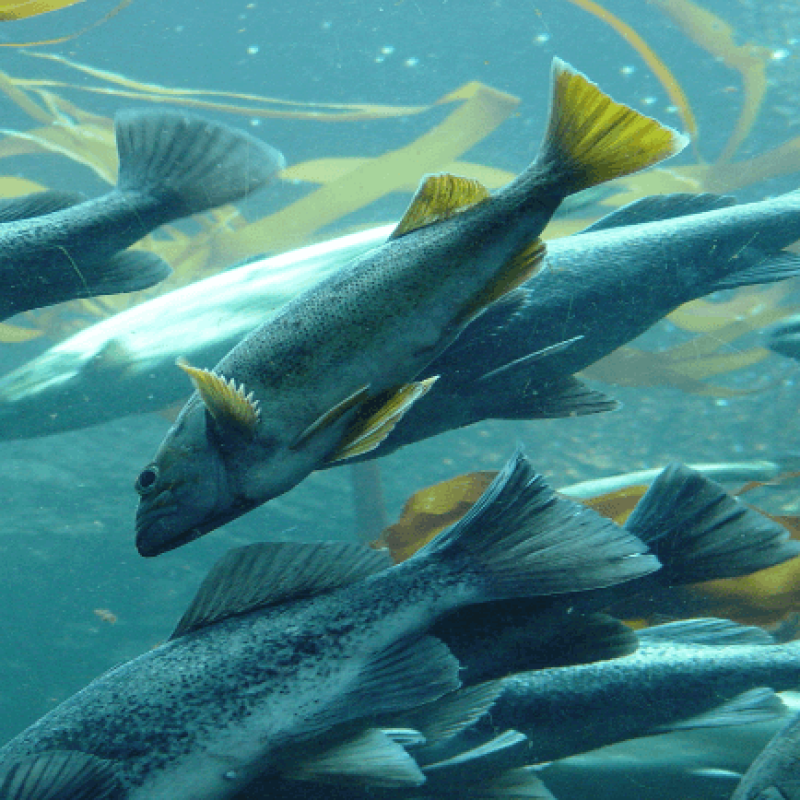The Norwegian Biotechnology Council is considering whether to approve the method of producing genetically modified type of salmon…
The method, which was developed by researchers from the Institute of Marine Research in Bergen three years ago, implies “editing” the genes of salmon eggs so that the fish does not develop reproductive cells.
The method, being regarded as genetic modification, requires special approval by the Norwegian law.
Anna Wargelius, the genealogist whose team developed the method [says that the] new salmons “taste as good as ordinary salmon and will not be able to spawn with wild salmon if they escape (fish farms).”
The researchers believe that the sterile salmon could help solve one of aquaculture’s problems: farmed salmon going astray.
The Norwegian Seafood Federation estimates that recapturing the escaped fish costs the industry at least 50 million kroner (6.06 million U.S. dollars) per year
…
[F]ish escape is regarded as [a problem, because it] can lead to diseases and genetic changes of wild salmon, which makes [them] less likely to survive in the wild.The GLP aggregated and excerpted this blog/article to reflect the diversity of news, opinion, and analysis. Read full, original post: Norway mulls approving method of producing genetically modified salmon































